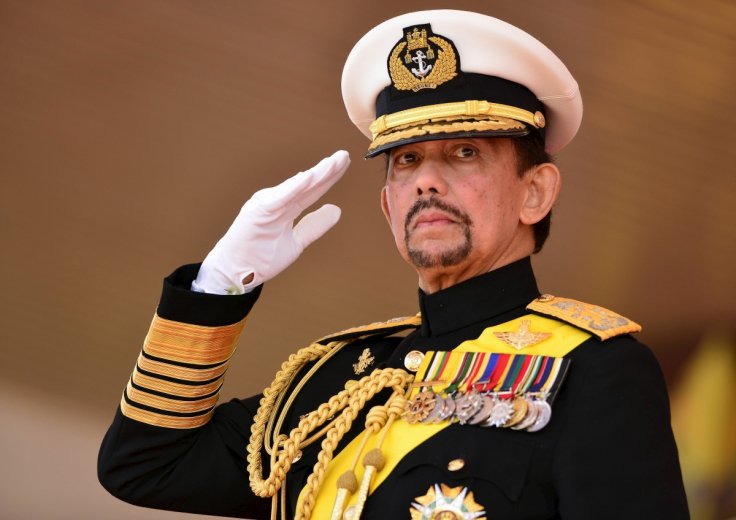
The oil-rich kingdom on the island of Borneo, Brunei announced on Sunday, May 5 that the country has dismissed the plan to execute people by stoning for their involvement in homosexual acts following a global criticism and backlash over the brutality of such penalties.
The oil-rich country stated that from April 3, 2019, any individual found guilty of adultery and homosexual sex will be stoned to death, according to a new Penal Code and the punishment will be witnessed by a group of Muslims.
Countries such as, US, UK, France and Germany protested the law including celebrities like actor George Clooney, American comedian Ellen DeGeneres, and English singer Elton John.
Rachel Chhoa-Howard, a Brunei researcher at Amnesty International, said in a statement that the country "must immediately halt its plans to implement these vicious punishments and revise its Penal Code in compliance with its human rights obligations. The international community must urgently condemn Brunei's move to put these cruel penalties into practice."
While the United Nations (UN) condemned the implementation of such law, a few luxury hotels, owned by the Sultan of Brunei, Hassanal Bolkiah, including Dorchester in London and the Beverly Hills Hotel and the Hotel Bel-Air in Los Angeles which faced calls for boycotts.
However, even after all these criticism Brunei consistently defended its rights to implement the brutal law. During a speech, the 72-year-old Brunei's Sultan said, "I am aware that there are many questions and misperceptions with regard to the implementation" of Syariah Penal Code Order (SPCO) but "we believe that once these have been cleared, the merit of the law will be evident."
He also said, "As evident for more than two decades, we have practised a de facto moratorium on the execution of death penalty for cases under the common law... this will also be applied to cases under the SPCO which provides a wider scope for remission."
It should be noted that these comments did not directly address other punishments such as whipping females convicted of lesbian sex and amputation of a hand and foot for theft, among others.
As per The New York Times, Phil Robertson, deputy Asia director for Human Rights Watch said, "this is all about trying to abate the international pressure coming on Brunei."
He also said that the Bolkiah has realized the fact that "there is a larger opposition to this law out in the international community and the Brunei brand is taking a hard hit."








